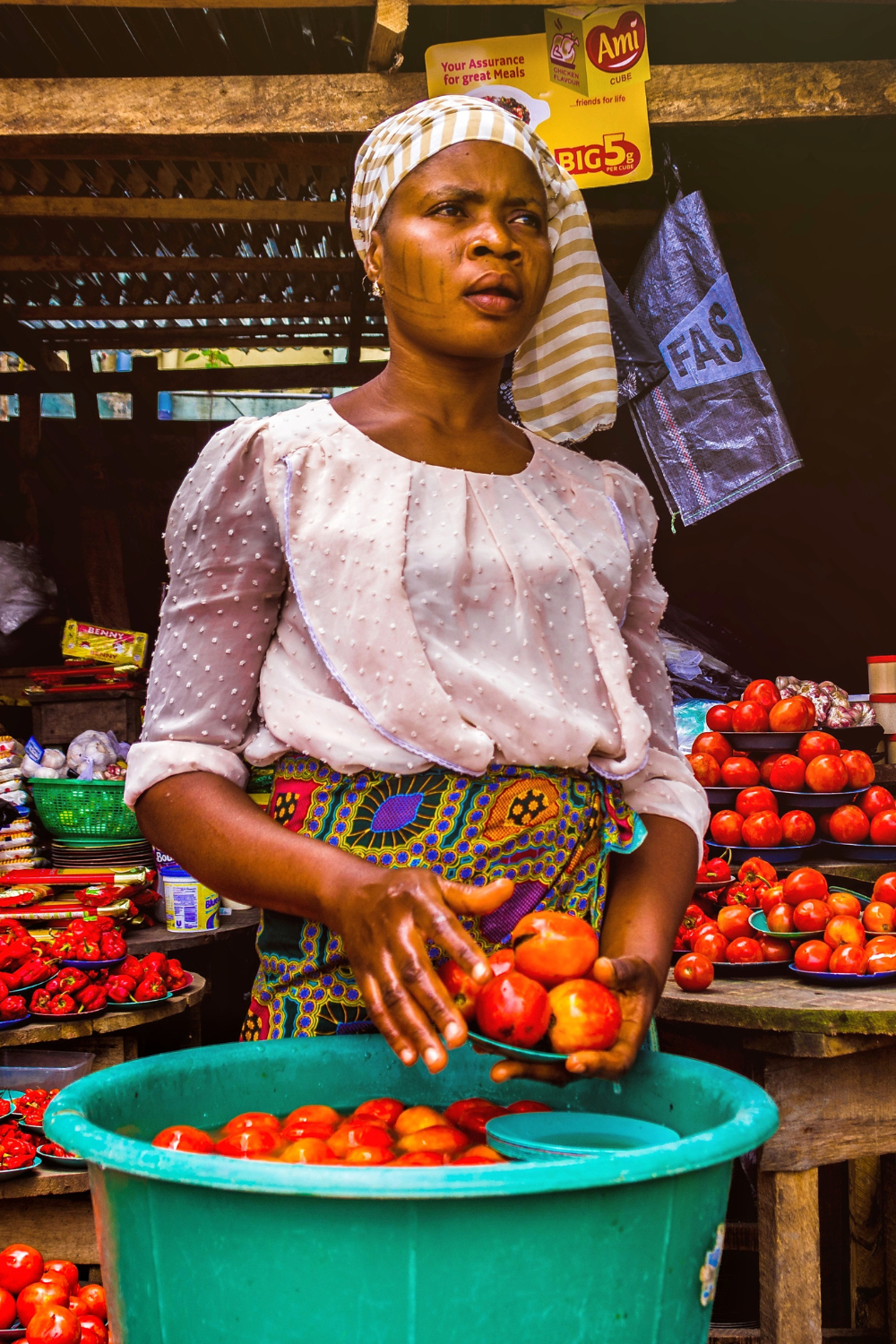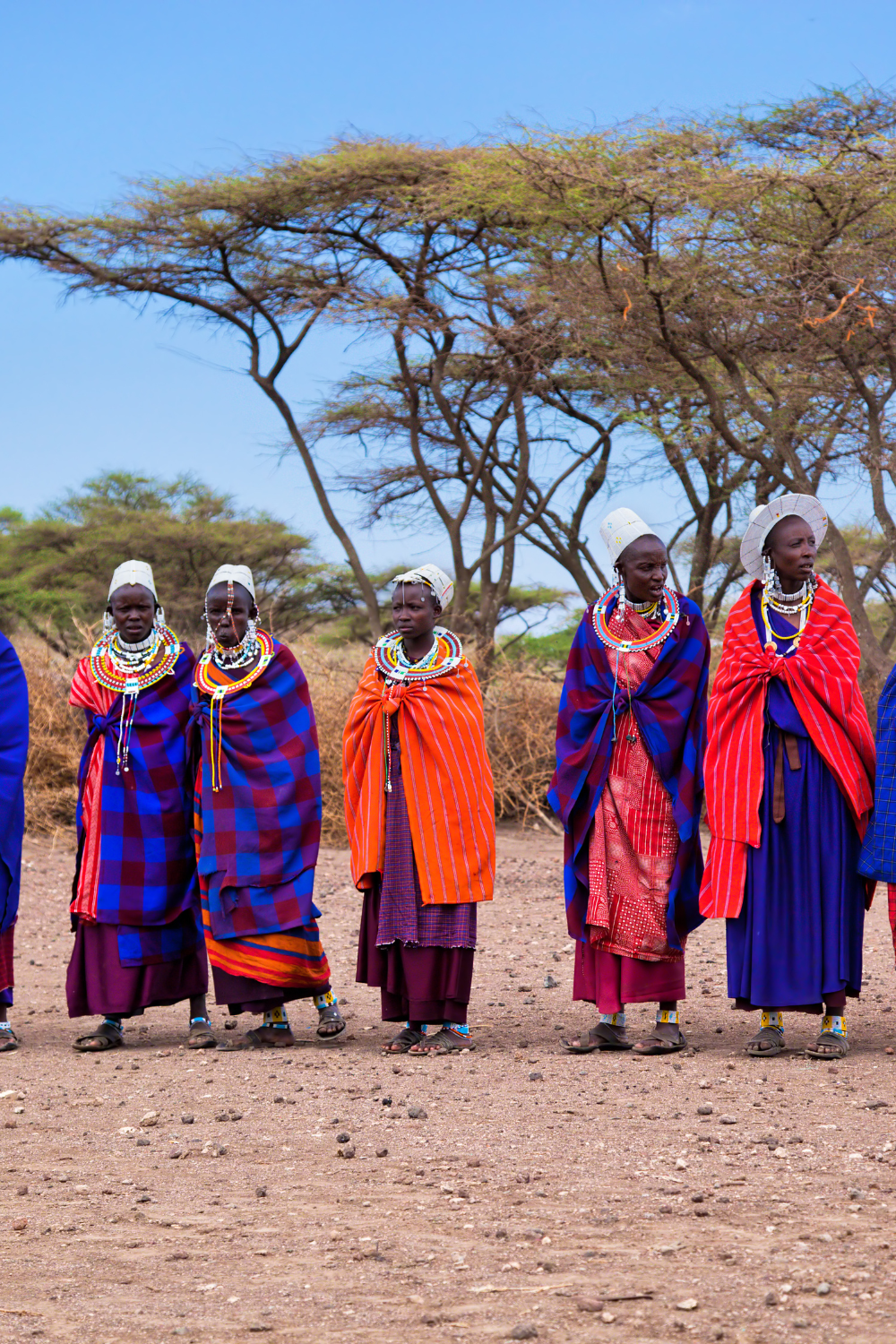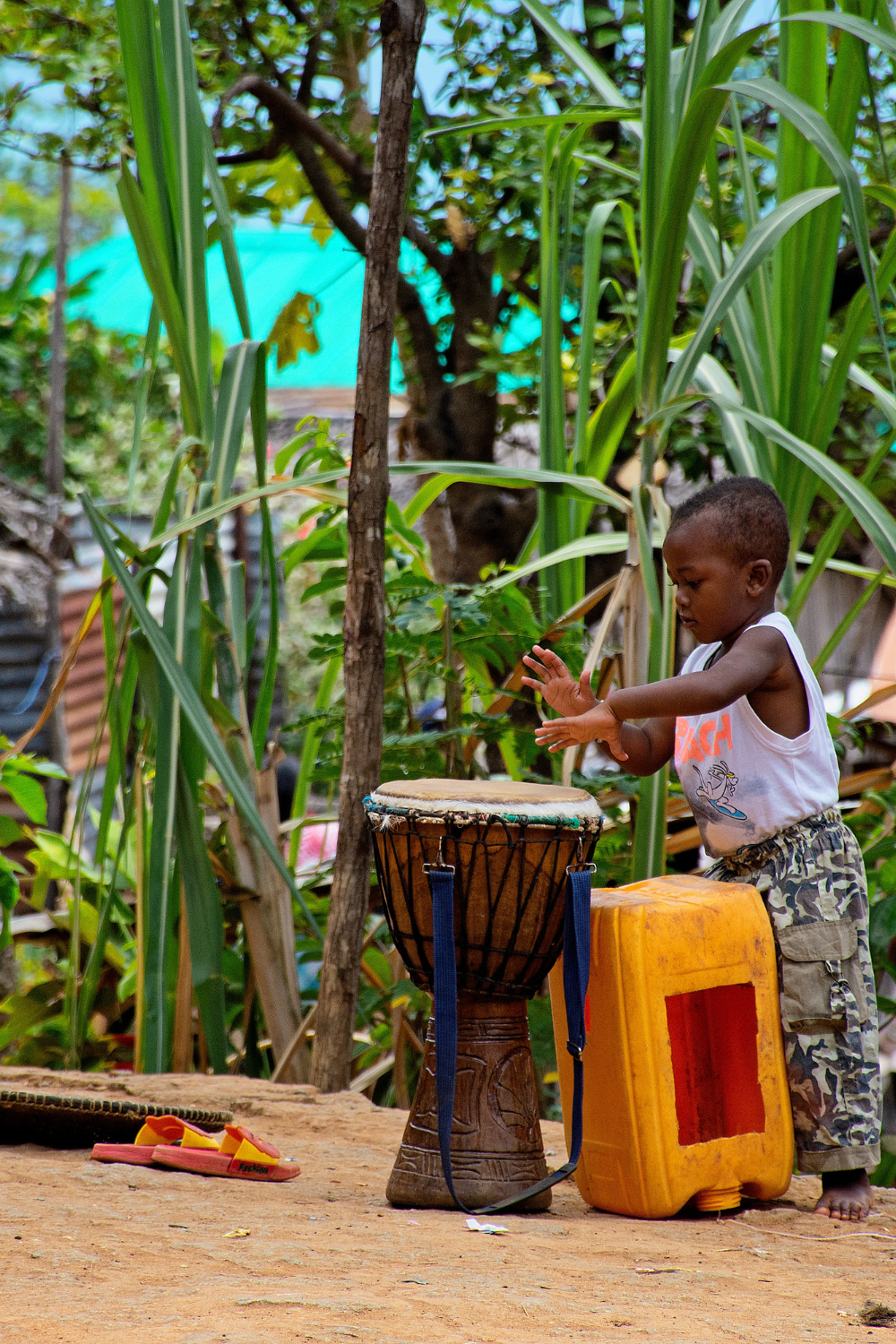The ultimate guide to responsible tourism and traveling to africa
The sound of drums echoing through a Tanzanian village at sunset, the scent of fresh spices in a bustling Zanzibari market, the quiet hum of the savanna before dawn—Africa is more than just a destination; it’s an experience that engages all your senses. Yet, to truly understand its essence, one must travel responsibly, going beyond surface-level encounters to embrace its people, landscapes, and traditions with respect and curiosity.
For conscious travelers, Africa offers opportunities for genuine connection, sustainable tourism, and cultural exchange. But how do you ensure that your trip respects local communities, protects the environment, and enriches your understanding of the world?
In this guide, we explore everything you need to know about responsible travel in Africa—from safety considerations to ethical travel choices, sustainable safari experiences, and how to leave a positive impact wherever you go. At Mang'ola Life, we believe in curating journeys that connect you with nature, local cultures, and yourself. We’re a sustainable safari company in Tanzania
A different way to experience Africa
Our vision is to redefine tourism by creating transformative journeys that allow you to connect deeply with the beauty of nature, the richness of local cultures, and the essence of sustainable living. Through thoughtful inmersion, we invite you to embrace a holistic experience that celebrates harmony, respect, and the shared interconnection of all life. If you’re looking for an adventure that leaves a lasting, positive impact, you’ve come to the right place.
We believe that tourism should uplift, rather than exploit, local communities. Instead of rushing through destinations, we encourage travelers to slow down, listen, and engage meaningfully with the places they visit.
Is it safe to travel to Africa?
Safety is one of the most common concerns when planning a trip to Africa. Movies, media, and misconceptions have long shaped an inaccurate narrative of Africa as a dangerous place, when in reality, it is as diverse in safety levels as any other continent. While some regions do experience political instability or higher crime rates, many countries are incredibly safe for travelers—especially when you take the right precautions.
Whether you're exploring bustling markets in Morocco, trekking with gorillas in Rwanda, or witnessing the Great Migration in Tanzania, understanding safety considerations will help you travel with confidence.
Understanding safety in Africa
Africa is made up of 54 nations, each with unique histories, economies, and governance structures. Some countries have strong tourism industries with well-established safety measures, while others may require additional research before visiting.
Rather than viewing the continent as a monolithic destination, approach each country as you would when traveling to Europe, Asia, or the Americas—with a balance of curiosity and caution.

How to travel responsibly and safely in Africa
- Research your destination thoroughly
Every country has different safety conditions. Check government travel advisories, read firsthand traveler reviews, and visit reputable sources such as the World Health Organization (WHO) and Centers for Disease Control and Prevention (CDC). - Stay aware but not fearful
Most risks are avoidable with common sense precautions. Avoid displaying valuables openly, be mindful of your surroundings, and don’t walk alone at night in unfamiliar areas. - Choose reputable local guides and tour operators
Having a community-based or indigenous guide not only enhances safety but also provides a richer cultural experience. Guides are familiar with local customs, safe routes, and can help bridge language barriers. - Get comprehensive travel insurance
Make sure your insurance covers medical emergencies, theft, flight cancellations, and evacuation services in case of unexpected situations. - Respect cultural norms and local advice
Each country has unique social customs. Dressing modestly, especially in more conservative regions, and being mindful of local etiquette will help you blend in and avoid unnecessary attention. - Use safe and reliable transportation
Public transportation in some areas can be unreliable or unsafe. Opt for registered taxis, hotel transfers, or trusted ride-sharing services when navigating cities. - Be cautious with food and water
Food is a huge part of the travel experience, but avoiding foodborne illnesses is key. Stick to freshly cooked meals, drink bottled or filtered water, and wash fruits and vegetables. - Be mindful of wildlife encounters
If you're on safari or in nature reserves, follow park rules, listen to your guide, and never approach wild animals. Even seemingly docile creatures can be unpredictable. - Know emergency contacts
Before arriving, save local emergency numbers, the address of your embassy, and contacts for your hotel or guide. Having a quick point of contact in case of an emergency is always smart.

What are the requirements to go to Africa?
Planning a trip to Africa involves understanding visa requirements, vaccinations, and ethical travel practices.
Visa and passport regulations
- Many African countries require a visa upon entry, while others offer visa-free access for specific nationalities.
- Your passport should be valid for at least six months beyond your departure date.
- Some countries, such as Kenya, Rwanda, and Uganda, offer regional visas that allow travelers to move between multiple countries on a single permit.
For the latest visa regulations and entry requirements, check the International Air Transport Association (IATA) Travel Centre or your home country's official travel advisory website.
Vaccination and health requirements
- Yellow fever vaccination – Required for travelers visiting certain regions.
- Malaria precautions – Consider mosquito repellents, bed nets, and preventive medication.
- COVID-19 requirements – Some countries may have testing or vaccination mandates.
- Other recommended vaccinations – Hepatitis A and B, typhoid, and tetanus.
For updated health requirements, refer to the World Health Organization (WHO) and the Centers for Disease Control and Prevention (CDC).
Disclaimer:
Health and entry requirements can change. Travelers should always verify visa, vaccination, and safety information through official sources and seek medical advice from their home country before departure.
Which is the safest African country to visit?
While no country is entirely risk-free, some African destinations are consistently ranked among the safest due to their political stability, low crime rates, and strong tourism infrastructure. These countries have well-developed visitor services, a welcoming atmosphere, and proactive conservation efforts, making them ideal for responsible travelers.

Top safe destinations for conscious travelers:
🇹🇿 Tanzania
Known for its warm hospitality, cultural richness, and commitment to ethical tourism, Tanzania offers a safe and rewarding travel experience. Whether exploring the Serengeti’s Great Migration, learning from indigenous communities, or relaxing on Zanzibar’s beaches, Tanzania provides a perfect balance of adventure and tranquility.
🇧🇼 Botswana
A leader in eco-tourism and wildlife conservation, Botswana is known for low crime rates, exclusive safari experiences, and limited mass tourism. The government prioritizes low-impact, high-value tourism, meaning visitors can explore its pristine landscapes while ensuring sustainable travel.
🇳🇦 Namibia
With some of the lowest crime rates on the continent, Namibia is a haven for travelers seeking vast open spaces and raw natural beauty. Its commitment to conservation is seen in community-led wildlife protection programs that help protect desert lions, rhinos, and cheetahs. Destinations like the Namib Desert and the Skeleton Coast offer not only breathtaking scenery but also an opportunity to learn from local guides about their efforts in preserving this unique ecosystem.
🇷🇼 Rwanda
A country that has transformed itself into one of the most progressive and environmentally friendly nations in Africa. Kigali, its capital, is known for its monthly "Umuganda" community clean-up days, which contribute to its reputation as one of the cleanest cities in the world. Travelers can experience conscious travel through gorilla trekking programs in Volcanoes National Park, where tourism directly funds conservation and community initiatives.
Sustainable travel tip: Opt for community-run eco-lodges that reinvest profits into local education, conservation, and social development projects. Not only does this support the local economy, but it also ensures your visit has a positive and lasting impact.

Is traveling to Africa worth it?
Africa is not just a destination—it’s an invitation to learn, to grow, and to engage deeply with the world.
As travelers, we hold the power to shape the future of tourism in Africa. By choosing sustainable operators, supporting local artisans, engaging with communities on their terms, and reducing our environmental footprint, we ensure that travel remains a force for good.
“Travel is not about moving from place to place; it’s about expanding your perception of what it means to be human.” - Mang'ola Life
If you're ready to see Africa beyond the safari, beyond the luxury resorts, beyond the clichés—come immerse with us.
👉 Join us at Mang'ola Life for an authentic and community-driven experience.

Welcome to Mang'ola life we are a sustainable safari company located in the heart of Tanzania, Africa. Plan your next adventure with us.






